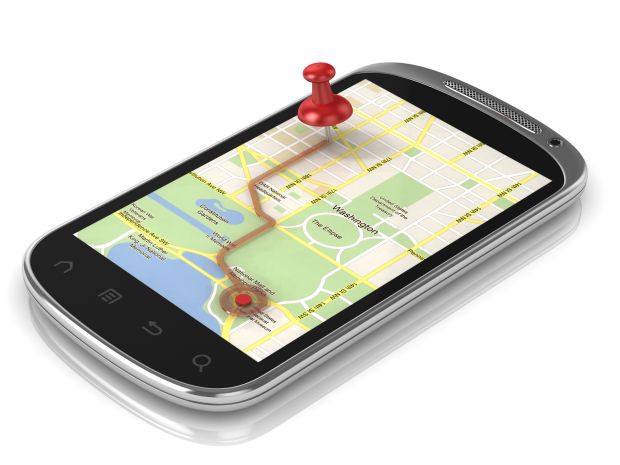China's satellite network aims for 'centimeters' accuracy

China has reiterated its plans to launch another 14 satellites by 2020, with the aim to improve the accuracy of its Beidou navigation system to within centimeters.

Operational since December 2011, the national satellite network--which means Big Dipper in Chinese--now has an error margin of 5 meters, but Chinese officials want to improve this to within centimeters to compete with the U.S. system, currently used by the world's majority, noted a Xinhua report.
Six satellites were launched last year, with 16 now serving the Asia-Pacific region, and the overall number is expected to hit 30 globally by 2020. State-owned China Aerospace Science and Technology Corporation said in December 2011 that the Beidou service will be offered free for all to use and will interoperate with the U.S. GPS system, Russia's Glonass, and Europe's Galileo when it is expected to be completed in 2019.
Ran Chengqi, director of the China Satellite Navigation Office, said during a press conference in Beijing that Beidou has been providing accurate and stable services to users in the Asia-Pacific region, offering functions and performance that are "comparable" to the U.S. system.
Citing assessment during its trials, Ran said the Chinese satellite network's accuracy was within 7 meters in Beijing, Zhengzhou, Xi’an, and Urumqi in central and north China, adding that this rate would hit 5 meters in some low-latitude Asian countries.
"Satellite navigation is an important part of a country's infrastructure, and it's certainly a combined civilian and military infrastructure," Ran said, adding the completion of the Beidou system should contribute to national defense.
In Shanghai, the system can achieve an accuracy of within 50 centimeters with two new enhanced ground stations. "Two stations have been set up in Shanghai to provide positioning services especially for mobile devices that have been able to cover the whole city," Shen Xuemin, deputy director of the Chinese Academy of Sciences' navigation department, said in the Xinhua report.
It noted that Beidou is the only satellite navigation system that offers telecommunication services, which means it can communicate with users via text messages in addition to providing location and time information.
Liu Qixu, director of the Beidou Satellite System Application Center, said China is encouraging other Asian countries to use its system by offering the service for free, as the U.S. does with its GPS network.
China in May announced plans to build Beidou stations in Pakistan, and in April signed a US$317 million agreement to build a national remote sensing system--running on Beidou--in Thailand. Laos also signed a similar deal in late-April to tap the Chinese navigation system to develop the country's agriculture and crack down on opium cultivation, while Brunei said it would use Beidou to build a modern capital.
According to Xinhua, over 1,000 Beidou terminals were used after the 2008 Sichuan earthquake to provide information on the disaster area, as well as during the 2008 Beijing Olympic Games and 2010 Shanghai Expo to identify traffic congestion and supervise venues.
4G to boost Beidou use
China's fledgling 4G ecosystem also will help speed up and pave the way for navigation services running on Beidou. "A modern information system needs three components--navigation system to provide timing and positioning services, communication system to transfer information, and computing system for data processing," Li Changjiang, chief commander of the Beidou system, said in a separate Xinhua report. "4G will help promote the use of the Beidou system."
The Chinese government earlier this month awarded 4G licenses to the country's top three telecom operators--China Mobile, China Telecom, and China Unicom--which will bring 4G services to 340 cities by 2014.
"The 4G networks will accelerate data transfer and, thus, broaden the use of navigation services," Li said. For instance, he suggested that navigation satellites could be tapped to vehicle flow on a particular stretch of highway or street. "In the past, networks overloaded easily in high-traffic areas, but with 4G, the speed is fast enough for real-time measurement of traffic."
Chen Fuzhou, director of the Jiangsu BDS Application Industry Institute, added: "4G networks need the timing services of the Beidou satellites as mobile communications require very precise timing to support high speeds, especially for multimedia."